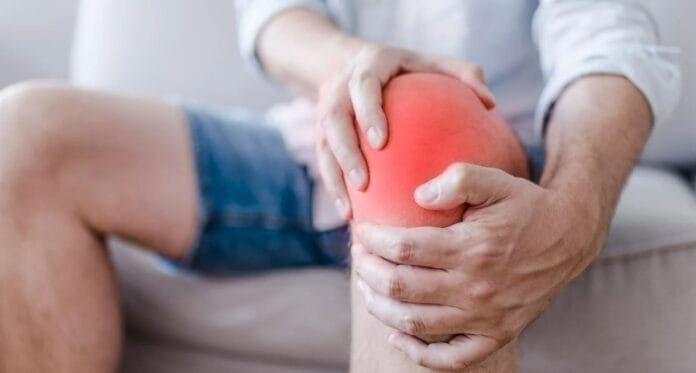November 12, 2024: In a far reaching development for post-surgical knee rehabilitation, researchers at IIT Ropar have introduced an innovative solution that promises to make continuous passive motion (CPM) therapy more accessible and affordable. The team has successfully patented a Completely Mechanical Passive Motion Machine for Knee Rehabilitation (Patent No. 553407), which stands to revolutionize the way patients recover from knee surgeries.
Traditional motorized CPM machines are often prohibitively expensive and reliant on electricity, making them inaccessible for many patients, particularly in rural areas with unreliable power supply. In contrast, IIT Ropar’s new device is entirely mechanical, employing a piston and pulley system that harnesses air pressure as the user pulls a handle. This ingenious design enables smooth and controlled motion, essential for effective knee rehabilitation.
Key Features of IIT Ropar Completely Mechanical Passive Motion Machine for Knee Rehabilitation
- No Electricity Required: The mechanical design eliminates the need for batteries or motors, allowing patients to use the device anywhere.
- Lightweight and Portable: Its compact nature facilitates home use, reducing the necessity for extended hospital stays or frequent rehabilitation visits.
- Cost-Effective Solution: By providing a low-cost alternative to electric machines, this device opens doors for many patients who previously could not afford such therapy.
Enhancing Recovery and Accessibility
Continuous passive motion therapy is crucial for patients recovering from knee surgeries, as it helps improve joint mobility, reduces stiffness, and accelerates recovery times. The introduction of this mechanical CPM machine not only offers a cost-effective option but also promotes eco-friendliness by reducing reliance on electric devices.
Dr. Abhishek Tiwari, the lead researcher of IIT Ropar behind this innovation, emphasized its potential impact: “This device has the potential to revolutionize knee rehabilitation in India, where access to advanced medical technology can be limited, particularly in rural areas. It’s designed to be a low-cost, sustainable solution that not only aids in recovery but also helps reduce the environmental impact associated with motorized devices.”
A Step Towards Inclusive Healthcare
The significance of this development extends beyond individual patient care; it represents a major stride toward improving healthcare accessibility for all. As healthcare resources remain limited in many regions, this innovative device could transform knee rehabilitation practices both in India and globally.
With its patent secured and positive feedback from the medical community, IIT Ropar’s mechanical knee rehab machine is poised to make a lasting impact on post-surgical care. This advancement not only highlights the ingenuity of Indian engineering but also underscores the importance of creating affordable healthcare solutions that meet the needs of diverse populations.



